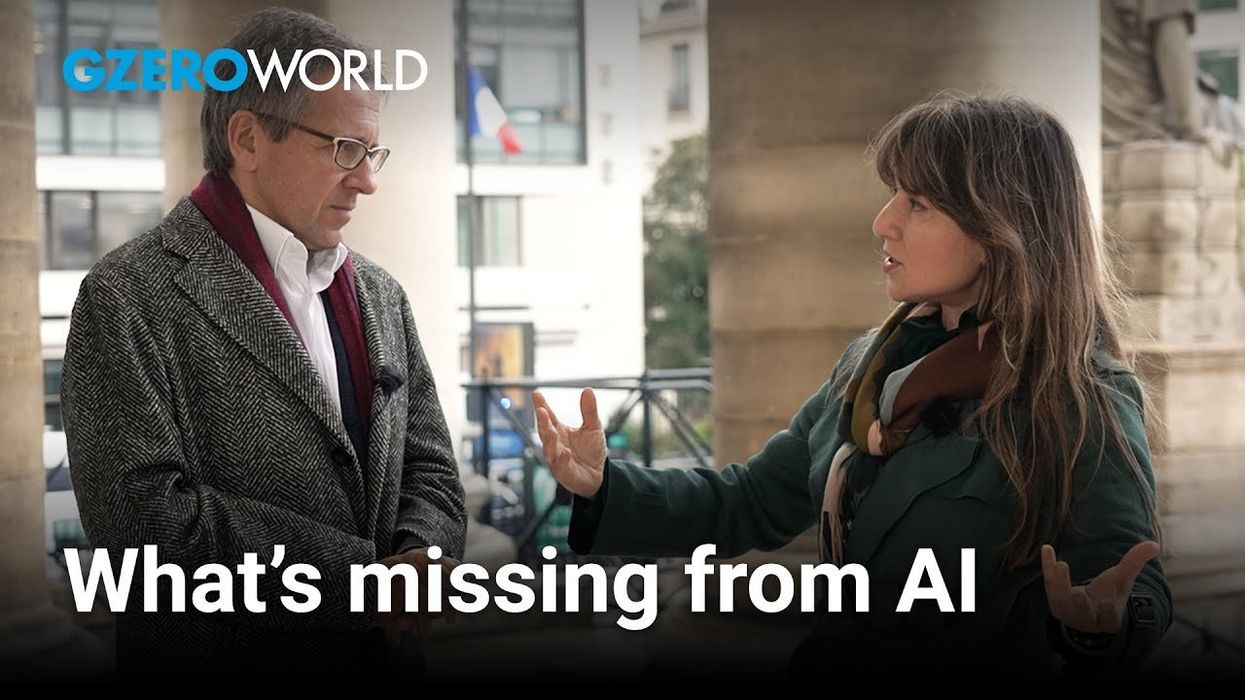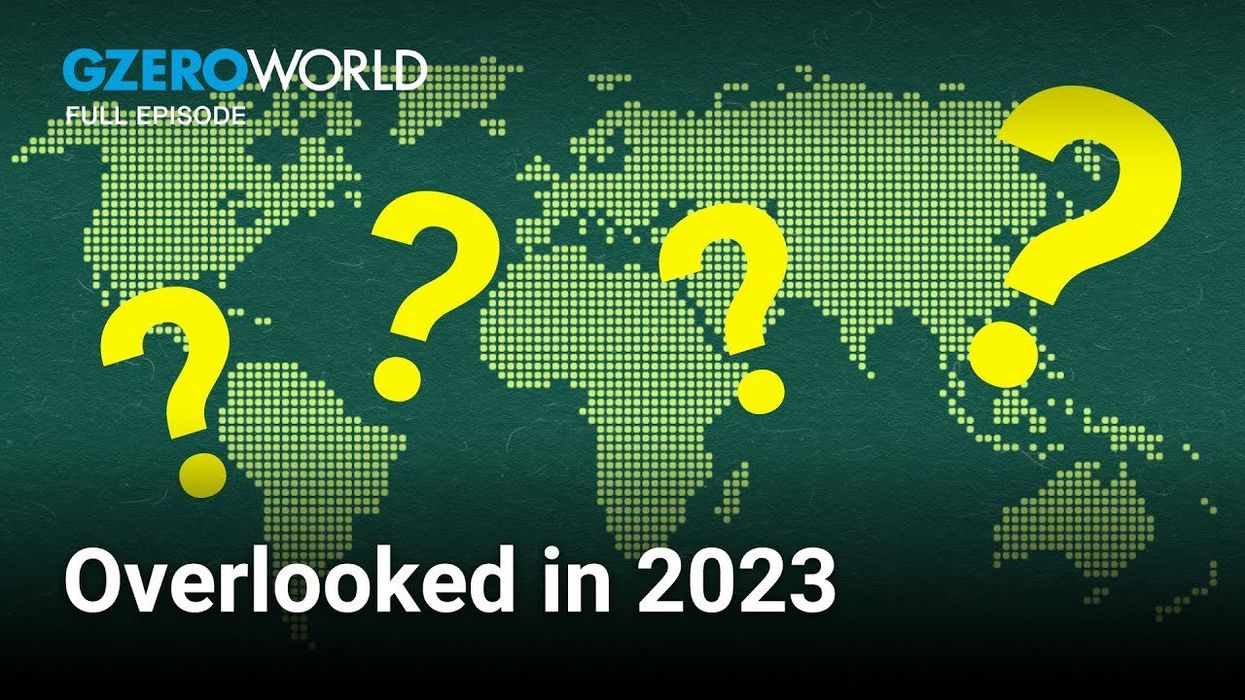GZERO World Clips
One big thing missing from the AI conversation | Zeynep Tufekci
When deployed cheaply and at scale, artificial intelligence will be able to infer things about people, places, and entire nations, which humans alone never could. This is both good and potentially very, very bad.
Dec 29, 2023



